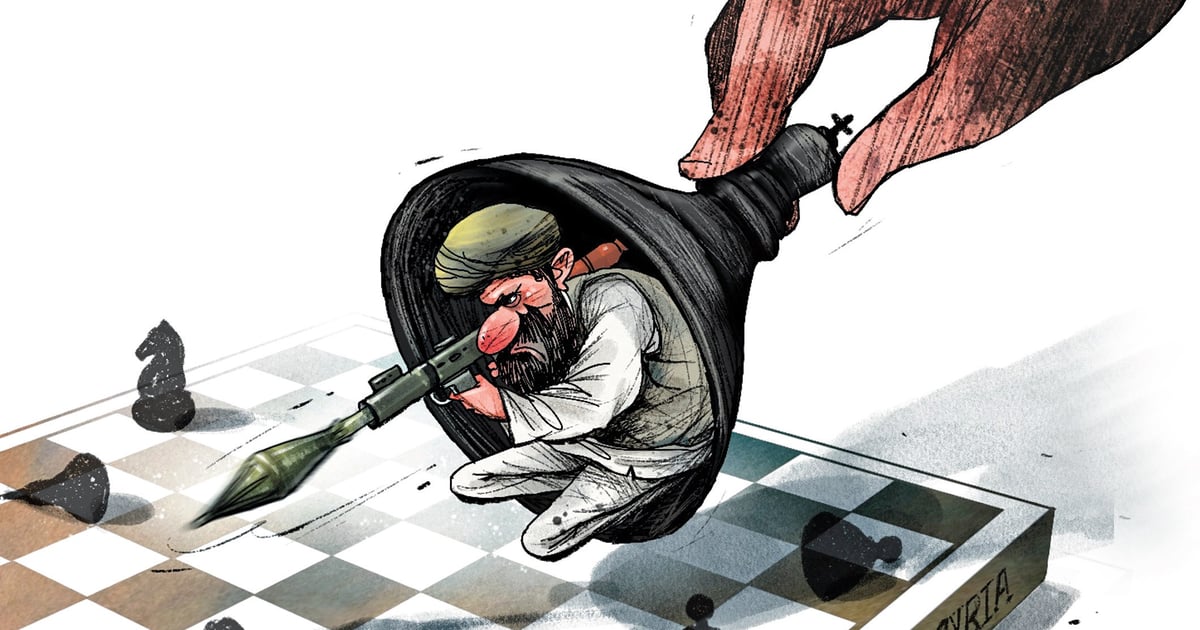24-year rule crumble in 12 days?
By design or coincidence, the regime change happened in less than a fortnight. The rebels’ blitzkrieg started on November 27 from the western districts of Aleppo. In the intense fighting that followed, dozens of casualties were reported from both sides but the rebels eventually seized several villages as well as some strategic towns, including Base 46, the largest Syrian regime army base in the region. In just three days, the rebel fighters advanced to the city of Aleppo, which is Syria’s second largest with two million residents, and captured it in a lightning-fast offensive. This was a turning point as it was the first time the rebels managed to set foot in the city since the 2016 battle in which government forces took control of the city.
The next in line to fall was Hama, which has a strategic location from a military point of view because it lies in west-central Syria providing direct supply lines between Damascus and Aleppo.
Dara, the birthplace of the 2011 uprising, and Homs fell over the next two days. Finally, on December 8, Damascus came under the control of rebel groups. What was conspicuous was the absence of resistance from Assad’s forces as the rebels advanced and took control of key cities. It was as if Assad’s troops were advised to acquiesce without trying to put up a fight. By the time the rebels entered the Syrian capital, Assad had fled, reportedly under Russian orders. He is said to be in Moscow now along with his family.
While there are too many invariables to the Syrian puzzle, the primary reason the rebels’ onslaught succeeded seems to be the lack of military support from Russia and Iran, as the two countries were mired in wars of their own making. Russia is locked in a costly, complicated and protracted war with Ukraine while Iran is nursing losses after it was boxed into a corner by Israel, which crippled Tehran’s proxies Hamas in Palestine and Hezbollah in Lebanon, and is now fixated on the last of Iran-backed groups, the Houthis of Yemen. So, the central nervous system of the Assad regime failed to get energy infusion from both Iran and Russia.
